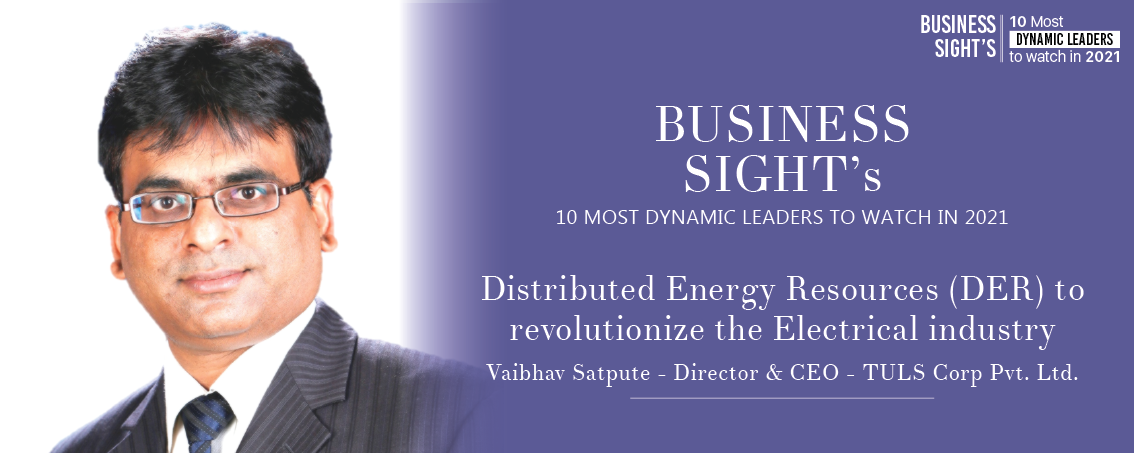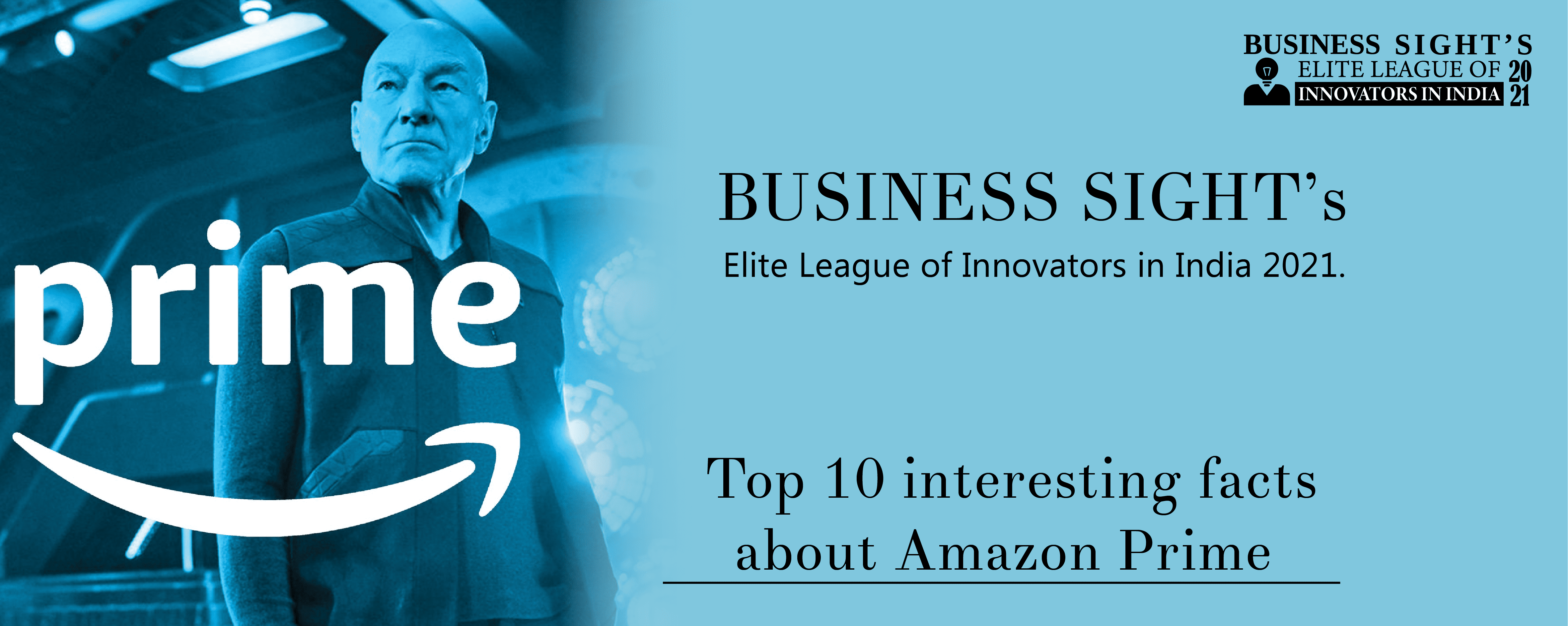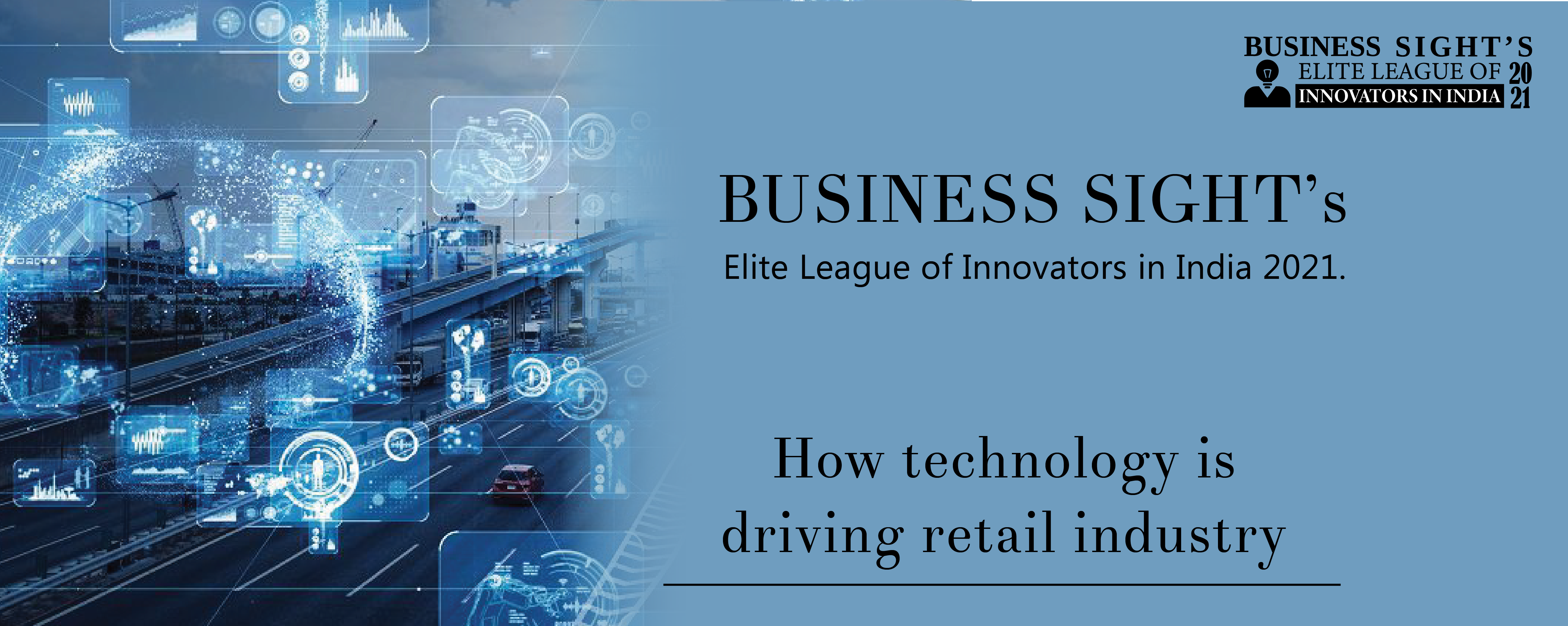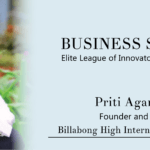In the near future, the electrical industry will experience quantum change, the grid and its operating systems will no longer remain the same. Decarbonization and digitalization would be key trends that would change the energy landscape. Clean and predictable DER generation will be tapped so that load is instantaneously increased or decreased to match the demand and Energy storage system will become important from grid balancing consideration.
DER technologies consist primarily of energy generation and storage systems placed at or near the point of use.
Distributed energy encompasses a range of technologies including fuel cells, microturbines, reciprocating engines, load reduction, and other energy management technologies. DER provides the consumer with greater reliability, adequate power quality, and the possibility to participate in competitive electric power markets. DER also have the potential to mitigate overloaded transmission lines, control price fluctuations, strengthen energy security, and provide greater stability to the electricity grid.
DER Market and much needed boost
As per recent reports, the current global distributed energy generation market of USD 242.6 billion (2019) is expected to witness a compound annual growth rate of 11.8% to reach USD 580.8 billion by 2027. As per this report, Asia Pacific will be the dominant player and expected to have fastest CAGR until 2027.
Key factors driving the DER generation market growth include growing environmental awareness, favourable government policies and greenhouse gas emission reduction targets, and growing demand for energy across nations. Thus, DER assets deliver new, unprecedented value streams for utilities, energy retailers and the customers they serve.
To boost the implementation of DER, it is important to have supportive policies in place that encourages the decentralisation of power systems and better utilisation of existing infrastructure. The policies should focus on deploying innovative technologies and reducing grid costs.
Importance of Fuel Cells in making DERs possible
- Fuel Cell is a modular and scalable technology and can be easily scaled up.
- Fuel cells supply independent power as long as the grid is not available; on the other hand, the stored energy in the fuel cell can instantly deliver power to the grid to support peak power demands.
- It ensures critical auxiliary power in areas where the grid is unstable and makes the system reliable.
- Due to their weather dependency, wind and solar cannot provide continuous power. Fuel cells play a role in energy storage and also regulates power flow.
- It requires substantially less space, producing zero emissions, virtually no noise and no vibrations.
Challenges for grid operators
Due to raise in DER, the utilities will have to face certain challenges such as integration of grid which will be complex considering intermittent resources, raise in cost due to lower demand from customer who have deployed DER.
Digital technology will play a particularly important role in DER implementation. Digital technologies, namely, Big Data, Artificial Intelligence, IoT, and Distributed Ledgers, will enable early adoption of renewable DER by contributing to achieve a better balance between supply and demand at the edge of the grid. Digital Technology connect millions of smart devices and distributed energy assets into platforms such as virtual power plants (VPPs) and distributed energy resource management systems (DERMS). These platforms deploy distributed assets with sub-second accuracy to meet constantly shifting grid balancing needs. DERMS and VPPs provide the intelligence needed to manage a more DER-dominated grid.
Thus, DER with the help of digital platform is a revolutionary model as it creates value for consumers who are looking to reduce their energy cost and also to utilities who are looking to diversify and increase energy resilience and thereby create additional revenue segments.
About Author
Vaibhav Satpute – Director & CEO of TULS Corp Pvt. Ltd. He has more than three decades of professional experience in the sector. Mr. Vaibhav is a Civil Engineer and has completed his post-graduation in Project Appraisal and Management from Maastricht, The Netherlands. He has spent most of his professional career in the Energy and construction sector – first as Engineer with Reliance, later with EMCO and thereafter as CEO of TULS Corp. He is a member of PMA, MIE, and a member of the Association of Consulting Civil Engineers.

















